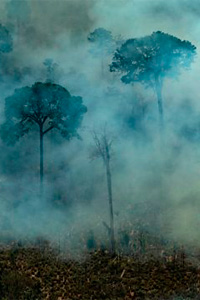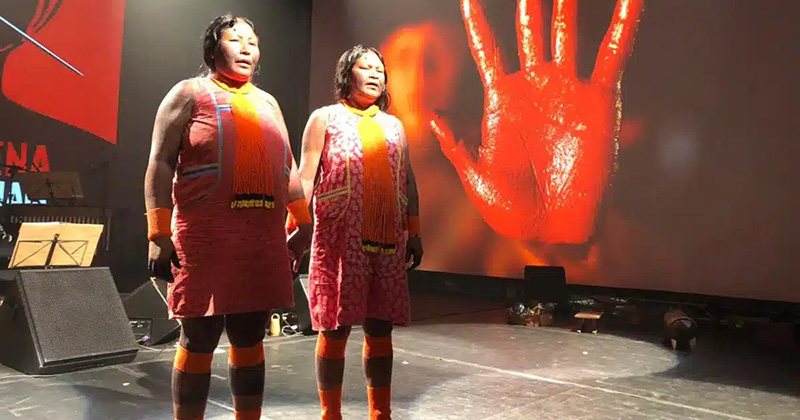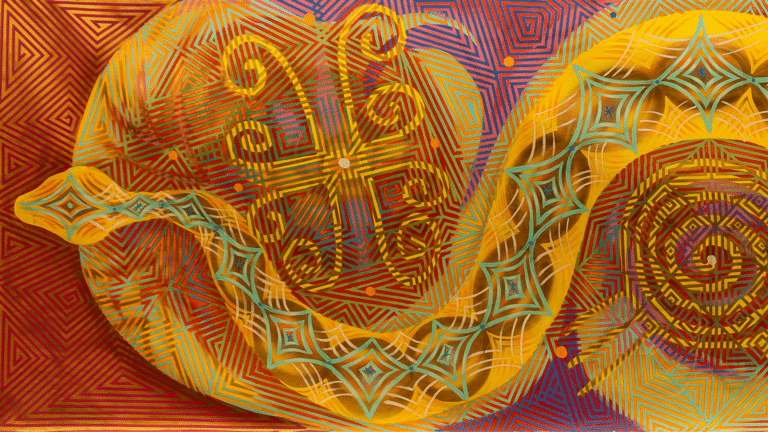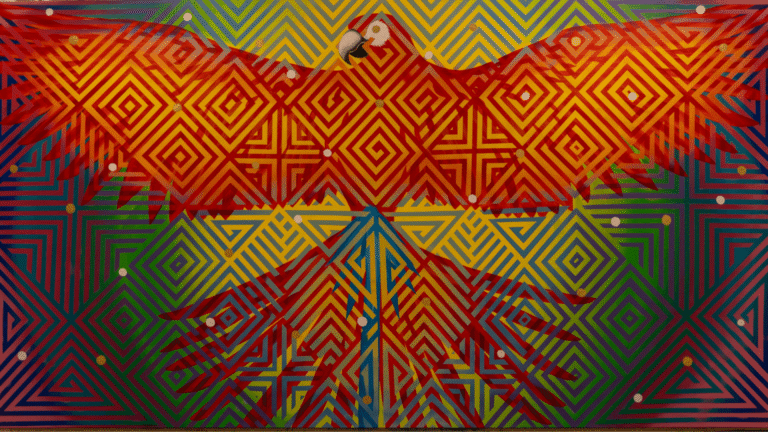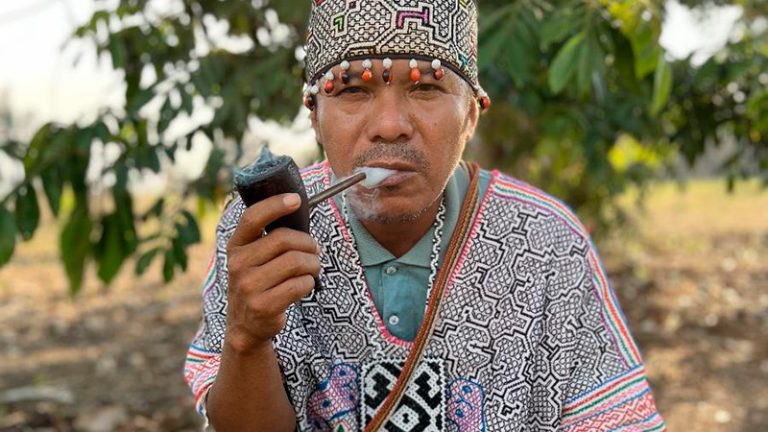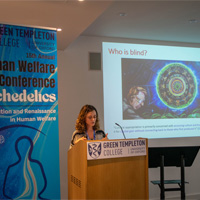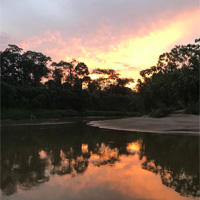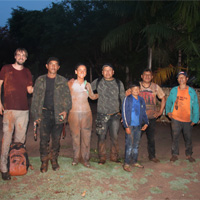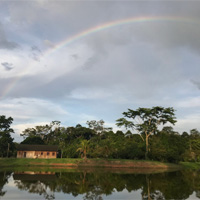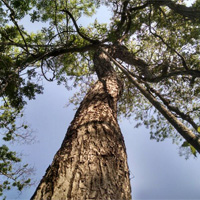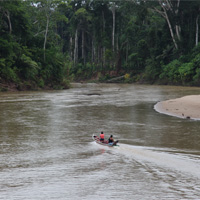The roots of our ecological crisis can be found in the economic, political and social realities of modern industrial society, its organization of labour and methods of production. To turn things around, a total rethink of the traditional Western values that caused this crisis may be held to be the necessary response to fundamentally shift our attitudes towards the natural environment.
Some argue that the ecological crisis is a spiritual crisis1. Spirituality is a category of growing salience for many Westerners. While its genealogy remains complex and usage fluid, it has come to mean something specific, referring to what may be known, as ‘new age’ or ‘spiritual era’. Certainly, indigenous spirituality offers a valuable perspective from which to question and rethink traditional Western values. Indigenous narratives emerge from low-lying islands, the tropics and subtropics, where environmental vulnerabilities are acute. Those inhabiting these ecosystems are on the front lines of environmental change, despite often being invisible to the international community. The ways in which such communities navigate environmental change are often shaped by understandings of the ‘other-than-human’ world; understandings that, if not always recognized as spiritual, can certainly be described as cosmological or theological2.

